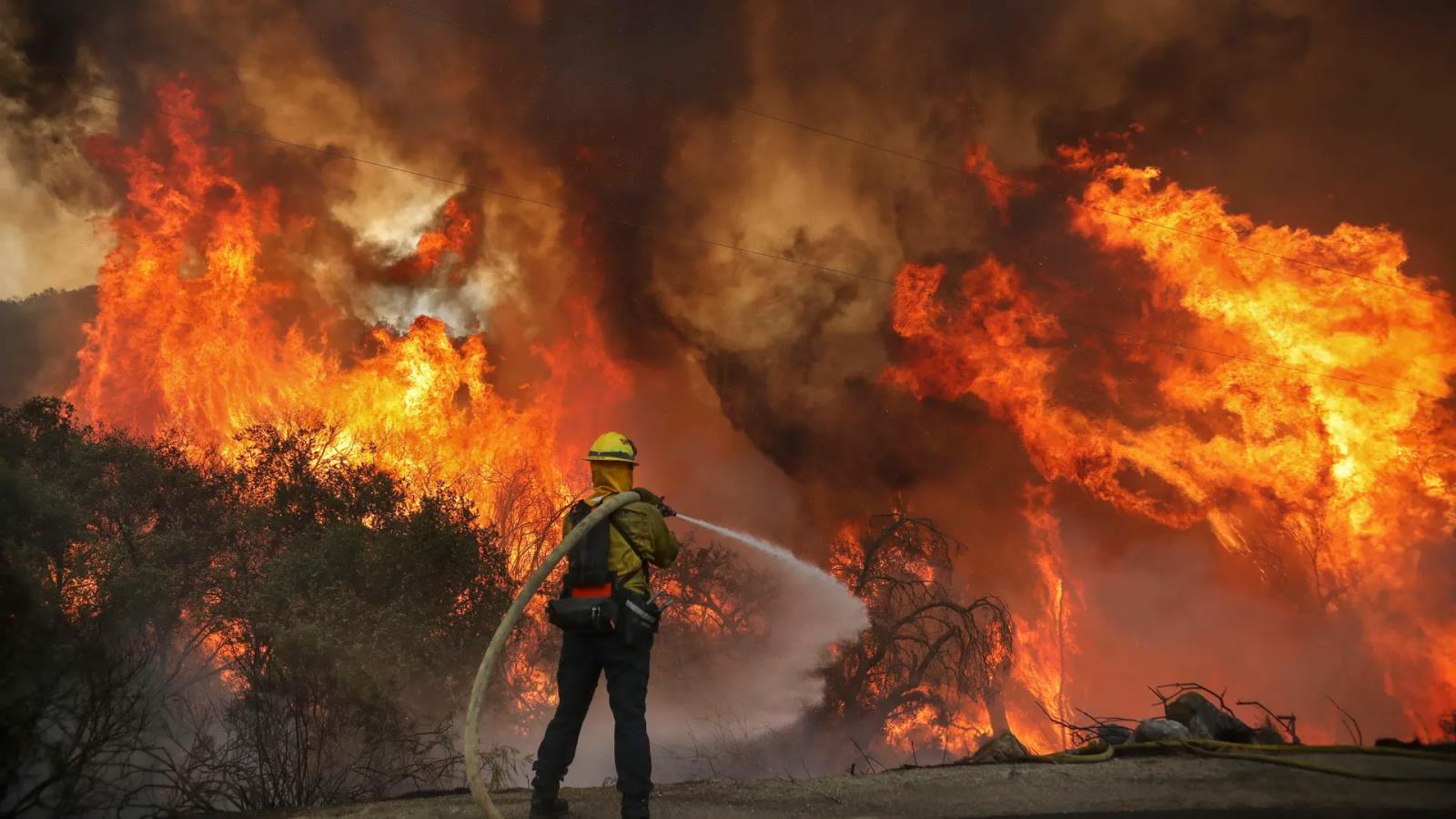
Speaking to The Guardian, Sinkevičius expressed concern over the credibility of EU policymaking, stating, "Every law in the EU is a product of intense negotiation where compromises are made. A last-minute change like this undermines trust in the process."
One-Year Delay Sparks Controversy
The decision to delay the law followed significant lobbying efforts by industries and forest-rich nations. Sinkevičius argued that instead of reopening negotiations, the EU could have implemented a transitional grace period to address any challenges. "This extra year is essentially a reward for those who failed to take the legislation seriously," he remarked.
The legislation, originally set to combat global deforestation, would ban the sale of commodities such as cocoa, coffee, soy, and palm oil linked to illegal tree felling. Companies adhering to stricter environmental practices see the law as a way to level the playing field, ensuring fair competition against firms that bypass environmental safeguards.
Mounting Environmental Challenges
Deforestation remains a critical issue worldwide, with 6.37 million hectares of forests lost in 2023 alone to activities such as agriculture, mining, and wildfires, according to the Forest Declaration Assessment.
Sinkevičius, who served as environment commissioner from 2019 to 2023, warned against the broader trend of weakening environmental policies within the EU. He criticized attempts by some European Parliament members to undo critical green measures, including the planned 2035 ban on petrol and diesel cars and pollution trading for heavy industries.
"Reversing course now would be a grave error," he cautioned. He urged the EU's new leadership to prioritize sustainability through initiatives like the promised "clean industrial deal," which European Commission President Ursula von der Leyen has touted as essential for maintaining competitive and sustainable industries.
Nature Conservation: An Uphill Battle
During his tenure as commissioner, Sinkevičius championed ambitious policies for protecting forests, oceans, and biodiversity. However, he noted the persistent challenges of balancing nature conservation with economic interests, as many businesses focus more on renewable energy investments than safeguarding ecosystems.
One contentious issue during his term was the EU's target to cut pesticide use by 50% by 2030, a goal he labeled as overly ambitious and inequitable. He advocated for tailored national targets, emphasizing fairness for member states that had already reduced pesticide usage.
Building Pro-European Alliances
Now a member of the European Parliament, Sinkevičius aims to bridge gaps between the Greens and other pro-EU factions. He acknowledged potential isolation for his party if the center-right aligns with far-right groups but underscored the Greens' stability and reliability within European coalitions.
Despite the challenges, he remains committed to advancing environmental protections. "Protecting nature has always been an uphill battle," he said. "But addressing climate and biodiversity crises is non-negotiable if we want a sustainable future."